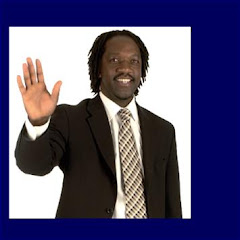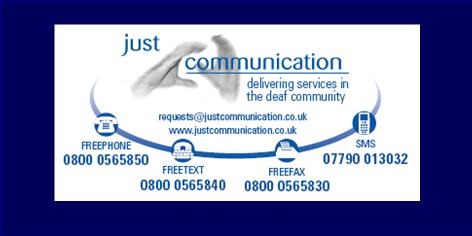Law firms could face unlimited discrimination claims from deaf and hard of hearing people if they continue failing to make ‘reasonable adjustments’, consumer watchdogs have warned writes Johnathan Rayner for the Law Gazette (18/04/12).
They claim that many deaf clients feel they have to ‘win a battle with their own advisers’ before they can succeed in a legal action, blaming firms’ ‘lack of preparation and consideration’ and failure to take into account their special needs. This slowness to engage with deaf clients prompted some 1,380 complaints and enquiries to the Royal Association for Deaf People (RAD) law centre between August 2007 and September 2011, with a further 429 received in the first seven months of 2011-2012.
Most queries related to employment and welfare benefits, and to discrimination in the provision of goods and services. Britain has over 10 million people who are deaf or hard of hearing.
Mounting concerns over discrimination have led to the announcement within the last month of two initiatives to improve ‘deaf awareness’.
According to Legal Choices, Silent Process, published by the Solicitors Regulation Authority, the Legal Services Consumer Panel and Action on Hearing Loss, deaf clients often find that legal materials are not adapted for their needs and there are barriers to communication, such as badly maintained loop systems and poorly lit rooms. Firms often fail to provide sign language interpreters when requested, and there is confusion over who should pay for them, the report says.
The SRA says it will be issuing best-practice guidelines to address these issues, including online ‘deaf awareness’ training covering interpreting services, how the law applies, and different ways of communicating with deaf people. Case law and legal principles will be illustrated with videos, along with common points of law and its vocabulary.
RAD law centre head Rob Wilks told the Gazette that RAD is also to launch an initiative to ‘educate the legal profession as to the needs of the deaf community’. He said: ‘In addition to CPD-accredited training and workshops, we will be establishing a charter to which law firms committed to providing a service to deaf people can aspire to sign up to. It is intended that this will become the definitive UK benchmark for law firms and other providers to deaf people.’







No comments:
Post a Comment